Jeff Ashcroft (@JeffAshcroft) along with @TheSocialCMO host the popular #MMchat (Marketer Monday) every week at 8 p.m. eastern on Twitter. It’s a rapid fire exchange not only between the organizer and the guest but also everyone following along #MMchat. It certainly makes for exciting dialog in real-time and also later when the full transcript is published. I recently joined them to discuss the future of business and why now is the time to become the hero in your hero’s journey. I’ve recreated our exchange (each in 140 characters or less) for you here…
Question 1: Why are experiences more important today than ever before?
A1: .@TheSocialCMO Thank you so much for having me on again. This is always one of the most invigorating conversations I can be part of.
A2: Experiences are something we feel and we share what we feel. We share what moves us
A3: When people ask questions for advice or direction, shared experiences are the result. In social, they’re more important than ever
A4: Customers are sharing experiences about your business now. Why leave them to chance. Define them at every step!
Question 2: In the book you say experiences are even more important than products! Bold statement can you share your reasoning on this?
A1: Experiences are more important than products. Products are manifestations of the experience you want people to have+share
A2: Products are just part of the experience ecosystem. You have to first define the experience you want people to have
A3: Products play a role in the manifestation of the experience they will have and share. You must define the moments of truth
Questions 3: Seems like everyone is talking about disruption. You’re saying disruption is more than just social media, can you elaborate?
A1: Disruption is something that occurs naturally. It’s “creative destruction” if you will. But it’s accelerating beyond social
A2: Social is just one part of disruption. I call it “The Wheel of Disruption” and it includes big data, mobile, real-time, etc.

A3: I suggest that change agents look at the experiential aspects + new touchpoints in the 4 moments of truth. That’s disruption
Question 4: Need for more emphasis on experience is clear in the book. How is user experience now starting to influence business decisions?
A1: Shared experiences form an influence loop that is connected to each moment of truth. It’s what people find that guides them
A2: It takes more than google now. people are talking and connecting. experiences are shared in tweets, posts, videos + reviews
A3: You’ve optimized search, your website, your mobile app, but you haven’t optimized for shared experiences
A4: Shared experiences affect customer impressions and next steps in each moment of truth. Shift from impressions 2 expressions
Question 5: In WTF? There seems to be underlying story recounting the hero’s journey. Can you share your thoughts with us on this journey?
A1: A VERY GOOD QUESTION!
A2: Joseph Campbell’s Hero with a 1000 Faces has influenced so many, including Hollywood…Star Wars, The Matrix.
A3: The Hero’s Journey explores mythical journeys such as those of jesus and buddha and the common experiences they shared
A4: I revisit the Hero’s Journey from the standpoint of your customer. What is their journey? What is their experience?
A5: Your customer is your hero…you define their journey
A6: In the end however, as the reader, you are also becoming the change agent. Therefore you are also “the hero”
A7: I re-imagined the Hero’s Journey for you to outline where you’ll meet challenges and how to break through them
Question 6: Brian, love design of the book. I understand in this case it wasn’t your typical publisher process, how was it different?
A1: Number 6 is great too!
A2: 2 show the importance of experiences, you have to create an experience. Whats the Future of Business is an experiential book
A3: The publisher gave turned over creative control. I worked with Mekanism and @gapingvoid to create a true “social object”
A4: The book is square, think coffee table format, 4 color, full of visuals, and its designed to be an analog (mobile) app!
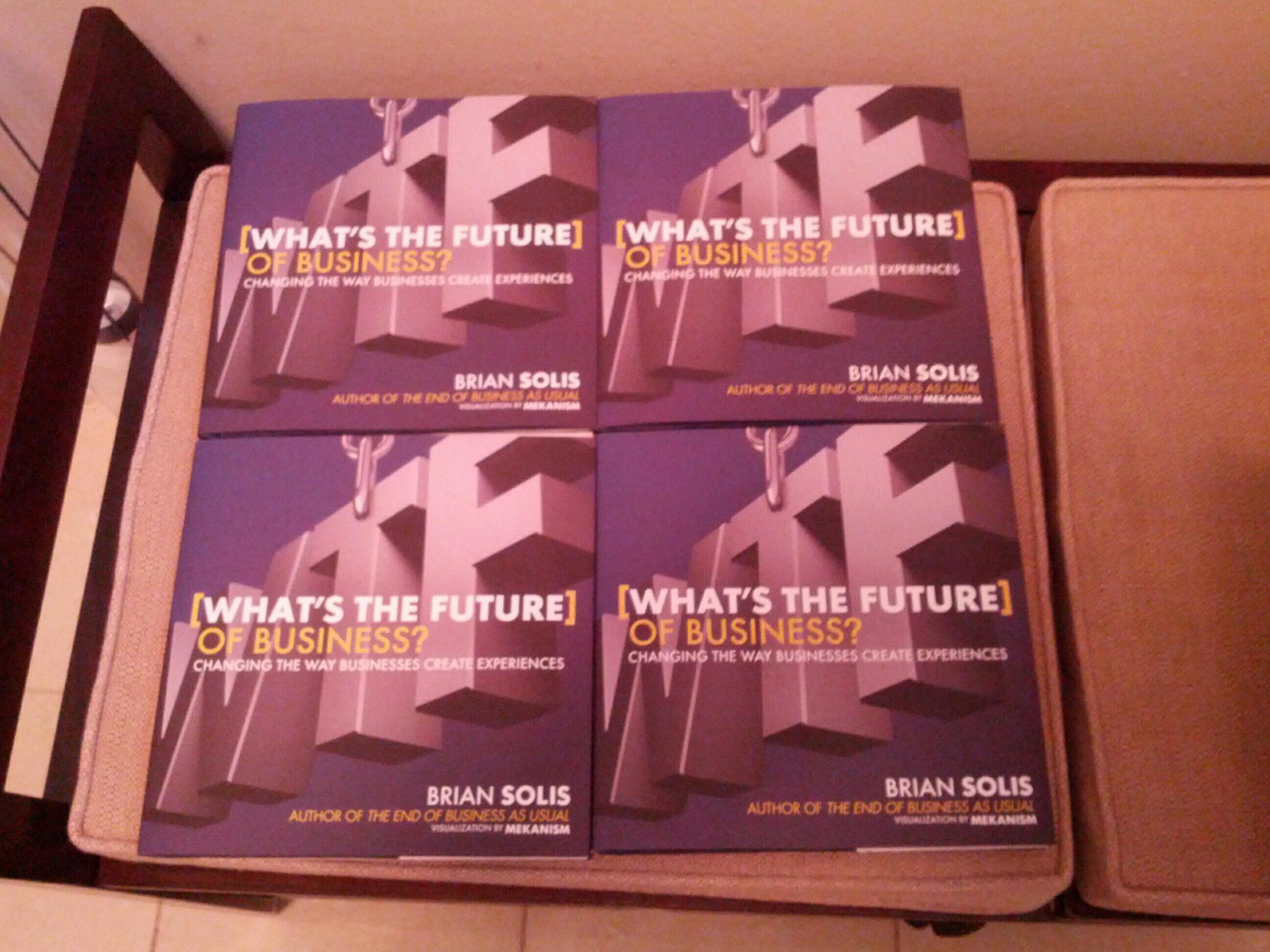
Source: Jeremiah Owyang
A5: @gapingvoid provided an original piece of artwork for each chapter based on what he took away after reading it.
A6: What’s the Future of Business is as helpful and inspiring as it is beautiful… #promise
A7: Remember, this is your time… #AdaptorDie
A8: The future is yours to define… #InnovateorDie
A9: Thank you everyone. You always get my mind racing with possibilities!
FIN: Thanks for joining us! Your participation & feedback was GREAT! An extra SPECIAL thanks to @BrianSolis for joining us! #MMchat
The full transcript including all responses, questions, and answers is.
WTF is now available!
Connect with me: Twitter | LinkedIn | Facebook | Google+ |Youtube
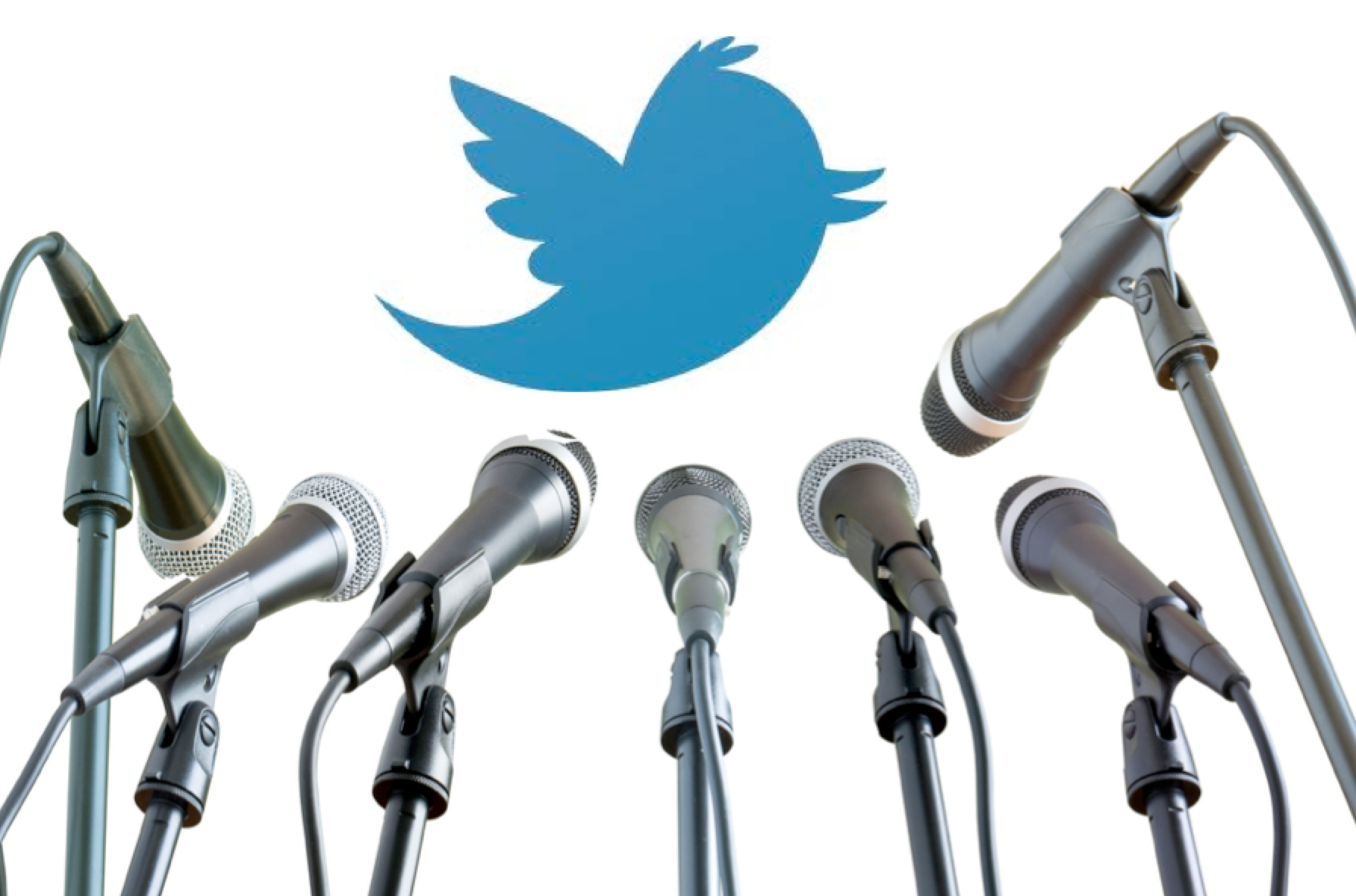



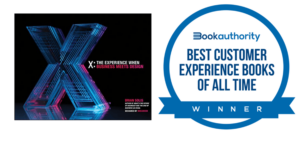
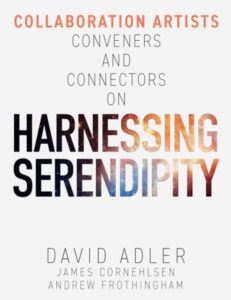
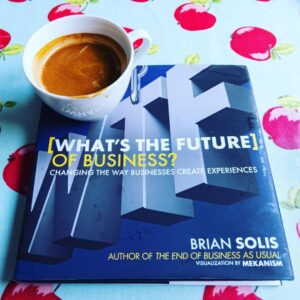


Thanks Brian! Great to have you as our SPECIAL guest on #MMchat as always! Cheers Jeff
Great article
here.Thanks for sharing this conversation Brian!I have learned how important it is to give back
and pay it forward with sharing my knowledge and experience with others.
It’s the magic of reciprocity! Thank you for the comment and always #payitforward
Brian, as always, you are leaps and bounds ahead of the echo chamber. Phenomenal work!
LOVE this comment! Thank you!
thanks again Brian for bringing up such a great topic! And yes putting individual customers at the center of the relationship is key…giving them the ability to cross the sales point, in order to reach out to the marketing and biz dev people (not exactly, but…).
I think that the luxury business, quite surprisingly, has started to understand the paradigm shift in customers’ behaviors. People who are used to consume luxury services or products give the same answer about the same question: they value most the experience!
And the luxury resorts niche has been one of the first movers.
Excellent Ben. Great connection between luxury and experience….
Brian this is really really awesome work. Thanks for sharing the conversation.
Corporate PR
You are welcome. Thank you for reading!
Hi Brian, what a great activity to be involved in and some really insightful clips from your book which I am now in the process of ordering so that I can read it all. I came across your site as I was searching for information on experiences and marketing via experiences as it’s a topic I have a lot of interest in. I believe there is a new approach to strategy development that we need to be moving towards – experience-based strategy – and I’m on a journey to define how best to go about founding this in the very route of the businesses we work in.
Albeit it early days, and you are clearly ahead of the game (thanks for pioneering!) this does get applied at the executional stage, although usually by mistake rather than intention. There has to be a model that can start us engaging in an experience-based strategy from the very root, so that no matter what grows from the seed, it encapsulates experience throughout.
I will keep reading and perhaps share some thoughts as they begin to take more shape.
Kirsty, I love this comment. Please do let me know what you think of the book! I’m also working on models for experience architecture. 🙂
Future of business indeed lies in sharing experiences and making these experiences part of your business cycle.It help customers narrate their brand stories and also leads to brand recall, a characteristic feature of successful brands.I am happy to be part of a team at Synechron where client are encouraged to share their working experience which helps us to serve them better.
Great
Article! I think @TheSocialCMO made some very good points about how
important customer experiences are within the business industry. As the
author, how do you feel about personal experiences and what makes them
important to you? I feel experiences are very important towards
businesses because it can help and promote different products from
firsthand experiences. Also how do you compare personal experiences and
advertising within a public relations standpoint?